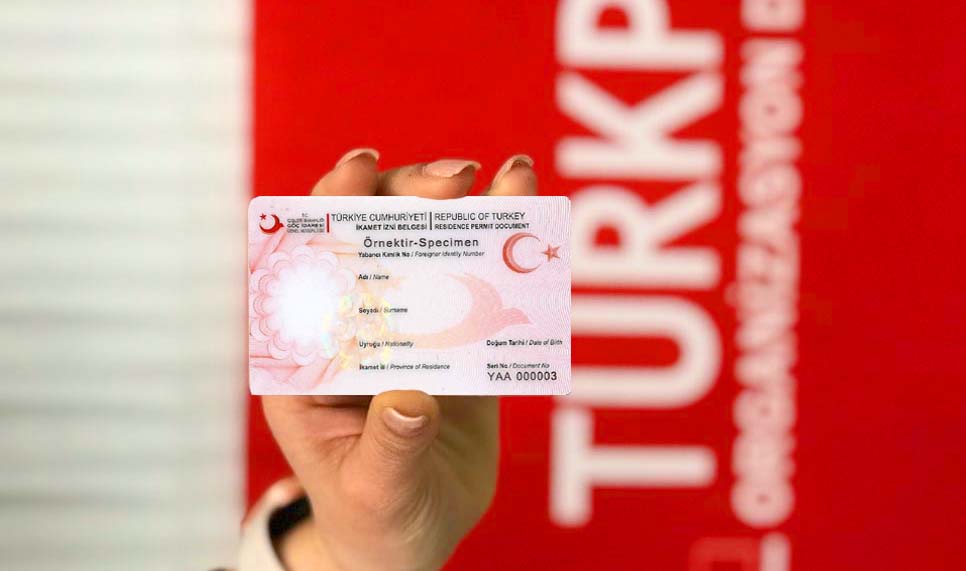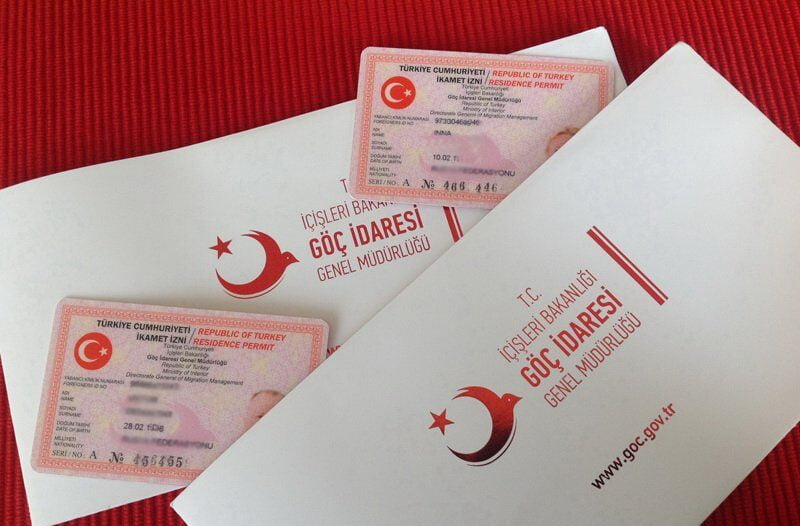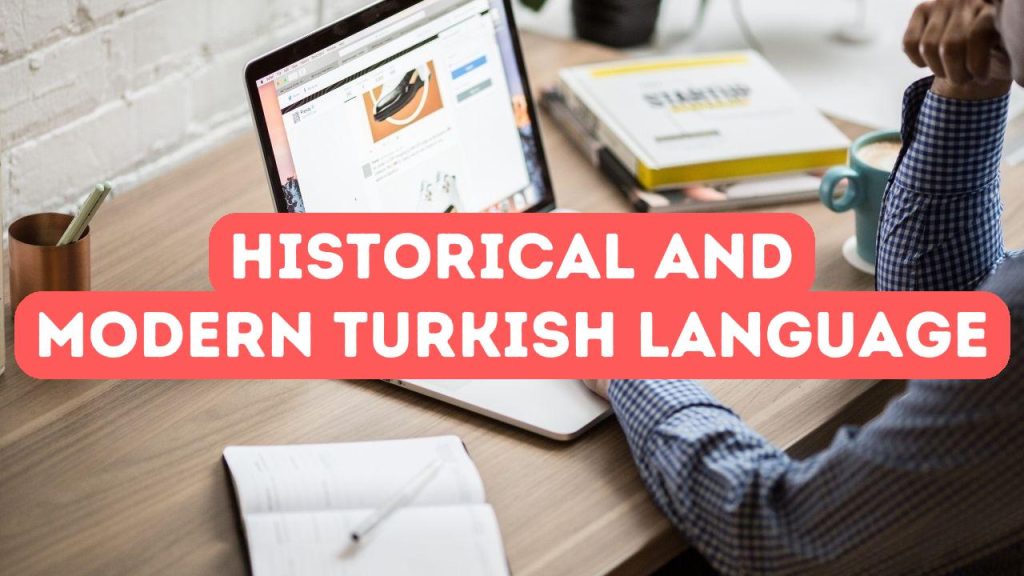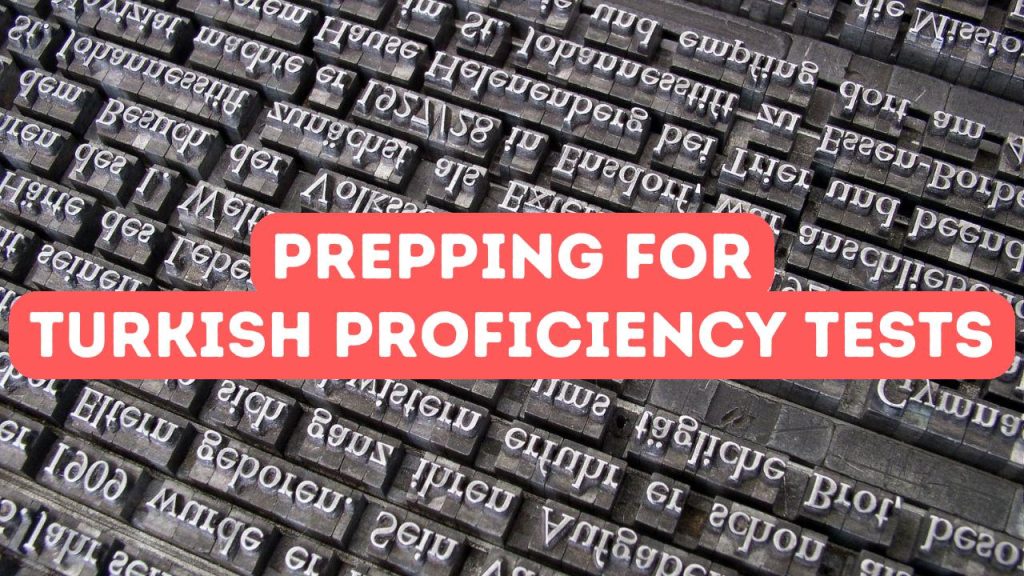The Linguistic Pathway to Cross-Cultural Understanding
Embarking on the linguistic journey of learning Turkish, one not only grapples with verb conjugations and vocabulary but also traverses the crossroads of cultures that Turkey embodies. As the Turkish language is deeply interlaced with the nation’s history and everyday customs, it provides a direct pathway to understanding the social fabric of the country. Through this linguistic window, learners gain insight into the subtleties of communication that shape relationships and societal norms in Turkey. Picking up context-specific phrases and idiomatic expressions, learners weave through conversations with greater ease, often discovering the underlying historical and cultural references that give these words their true weight in dialogue. This linguistic assimilation enables cross-cultural competency, affording learners a rare glimpse into the collective Turkish psyche, thus facilitating an authentic connection with the people and their heritage.
Beyond the spoken word, the act of learning Turkish extends into the realm of non-verbal communication, where gestures, etiquette, and cultural nuances play a pivotal role. As language learners progress, they begin to notice the importance of context and the unspoken expectations in Turkish interactions. The language itself becomes a map, guiding learners through intricate customs such as the art of hospitality, the nuances of Turkish tea culture, and the significance of family and communal relationships. A simple Teşekkür ederim (thank you) can take on different layers of meaning, depending on the situation and the inflection used. By mastering these unspoken rules, learners of Turkish do more than speak; they demonstrate respect and understanding for the culture, which is deeply appreciated by native speakers and often leads to stronger friendships and a sense of belonging within the community.
Delving deeper, the linguistic journey through Turkish is akin to holding a key to an exclusive library, filled with rich literary traditions that range from the mystic poetry of Rumi to the sharp social commentary of Orhan Pamuk. Learners who can read and comprehend Turkish literature in its original language engage with the emotions, thoughts, and worldviews of the Turkish people across centuries. Moreover, it is this profound engagement that transforms the learner, as they start seeing the world through a Turkish lens, detecting similarities and differences in cultural values and thought processes. This form of literary immersion acts as a bridge, fostering empathy and a nuanced understanding that transcends the barriers of language and geography, effectively knitting the learner into the vast and vibrant fabric of human experience as shared through the Turkish perspective.
Unveiling the Mysteries of Turkish Traditions Through Language
Learning Turkish does more than expand one’s linguistic capabilities—it offers an exclusive peek behind the curtain of enigmatic customs and traditions steeped in antiquity. As one delves into the nuances of the language, they begin to perceive the significance of familial ties reflected in the use of kinship terms, understand the layered meanings in the rich tapestry of Turkish proverbs, and grasp the underlying principles of “misafirperverlik,” the Turkish concept of hospitality that is more a way of life than a mere social courtesy. This linguistic journey illuminates the reasons behind the elaborate preparation of Turkish coffee, the symbolism of the evil eye (nazar boncuğu), and the cultural context of regional festivals, transforming what might once have seemed like mere tourist experiences into deeply interpersonal exchanges and memories.
By mastering the subtleties of Turkish, learners gain the ability to partake in age-old pastimes like the art of ebru, or marbling, and understand the stories woven into kilims, the traditional Turkish rugs that are not mere floor coverings but narrations of history and emotion through patterns and colors. Alongside, the language reveals the layers behind Turkish dramatic arts, such as ortaoyunu and karagöz, puppetry performances that blend humor with social commentary, subtly teaching the discerning student about the complexities of Turkish societal norms. Each word learned is like picking up a piece, not of a foreign puzzle, but of a shared human mosaic, where every idiom is a window to the collective Turkish psyche and their unique manifestation of joy, sorrow, and the philosophical musing that bind across time and culture.
Fully embracing the Turkish language also allows learners to appreciate the intimate ceremony of the Turkish tea culture, where the crimson-hued brew in bell-shaped glasses signifies a warm welcome and induces hours of conversation and camaraderie. It opens the door to epic tales of dervishes, warriors, and sultans, allowing one to experience the hypnotic rhythm of the dervish’s Sema ceremony or the theatrical passion of traditional Turkish music and folk dances as locals do—not as mere spectacles, but as a participant in a centuries-old narrative. By actively engaging in these experiences through the medium of the Turkish language, a learner does not just observe but resonates with the pulse of Turkish life, creating bridges of understanding and affection that transcend linguistic barriers and enrich the human experience.
Fostering Global Connections: The Turkish Language Advantage
Learning Turkish serves as a powerful tool in fostering global connections, bridging the gap between East and West. As the official language of Turkey and spoken by communities across Europe, Central Asia, and the Middle East, Turkish allows learners to interact with a diverse population, extending their social and professional networks. By speaking Turkish, individuals gain the ability to engage directly with Turkish businesses and entrepreneurs, fostering economic relationships and tapping into the country’s strategic role as a hub connecting major markets. Moreover, diplomatic and cultural dialogues are enriched by the proficiency in Turkish, easing communication barriers and facilitating an exchange of ideas that contributes to international understanding and cooperation. Through this linguistic competency, learners do not only discover a country, but also unlock the potential to build bridges across continents, cultivating a global-mindedness that is increasingly invaluable in our interconnected world.
The linguistic advantage extends beyond pragmatic connections; it offers a unique perspective into the realm of Turkish arts and media, which is a conduit for shared human experiences across borders. By understanding Turkish, individuals can delight in the original cadence of Turkish music, enjoy the depth of its cinema, and grasp the nuances of humor and emotion in television dramas that have captivated audiences worldwide. This cultural fluency invites an exchange of artistic inspiration, fostering collaborative projects and dialogues in fields ranging from film to literature. The ability to comprehend and appreciate Turkish culture in its native language opens up not only personal enrichment but also professional opportunities in the realms of arts and media, providing a competitive edge in an ever-globalizing creative industry.
Beyond individual enrichment and artistic collaboration, language proficiency also aids in navigating the subtleties of diplomacy and international relations. For professionals seeking roles in multilateral institutions or NGOs, fluency in Turkish amplifies one’s eligibility to participate in regional matters concerning the Balkans, the Caucasus, and the Middle East. It facilitates a deeper understanding of the geopolitical dynamics where Turkey plays a pivotal role. As the world becomes more complex, the ability to communicate and understand diverse perspectives is crucial. Knowledge of Turkish not only allows for a more nuanced appreciation of these discussions but also positions individuals as bridge-builders, capable of fostering dialogue and understanding between disparate cultures. Thus, learning Turkish is more than acquiring a language – it is an investment in global citizenship, where every conversation can contribute to greater international amity and cooperation.





